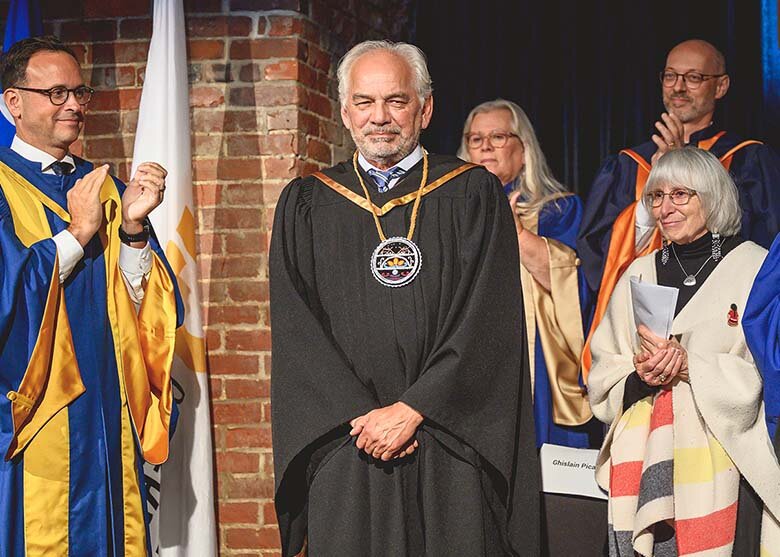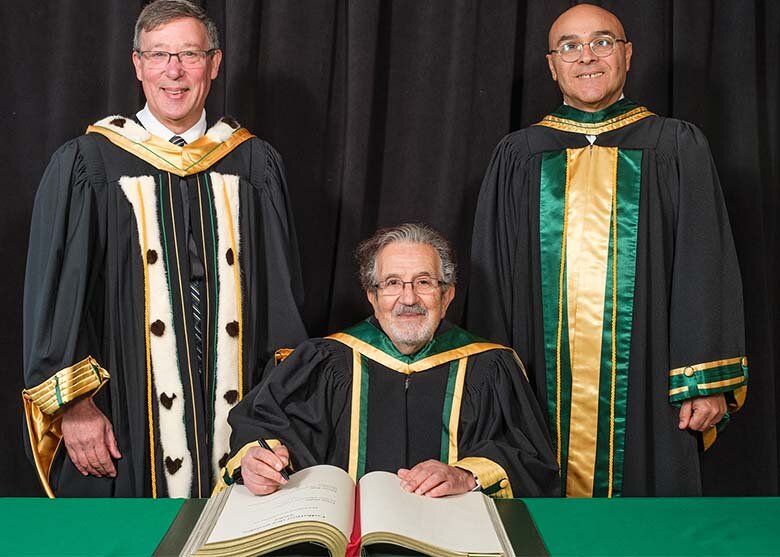Faculty
Aurélie Labbe awarded an FRQ-IVADO Chair in Data Science
April 17, 2019

Associate Professor Aurélie Labbe will hold a new FRQ-IVADO Chair in Data Science, granted to HEC Montréal by the Fonds de recherche du Québec (FRQ) in association with the Institute for Data Valorization (IVADO).
The Chair directed by Professor Labbe is one of three research chairs created by the FRQ and IVADO. The other two were granted to the Université de Montréal and Polytechnique Montréal, which along with HEC Montréal are partner institutions in the Institute.
Professor Labbe’s five-year appointment took effect on April 1.
Analysis tools for better understanding data
Professor Labbe’s research will focus on developing methodological tools combining machine learning and inference tools. These statistical analysis methods will be used to interpret data, understand their significance and make predictions. They will address specific problems in three major fields of data science applications:
- transportation
- health
- trade and marketing
In particular, the research conducted by the FRQ-IVADO Chair may help to interpret data collected in cities by smart systems, in order to draw conclusions about road safety. In the health field, these tools may let researchers detect or explain certain genetic diseases, or make connections between the symptoms observed in response to treatments.
About Aurélie Labbe
Professor Labbe is a statistician specializing in big data analysis. She holds a Master's in Statistics from the Université de Montréal and a PhD in the same discipline from the University of Waterloo. She started her career at Université Laval and later at McGill University, and has devoted over 15 years to developing statistical tools for big data, with applications in genomics, neuroscience and biostatistics in general. She joined the Department of Management Sciences at HEC Montréal in September 2016, and since then has expanded her research interests to include intelligent transportation systems, especially in cities, in connection with traffic management and road safety.











